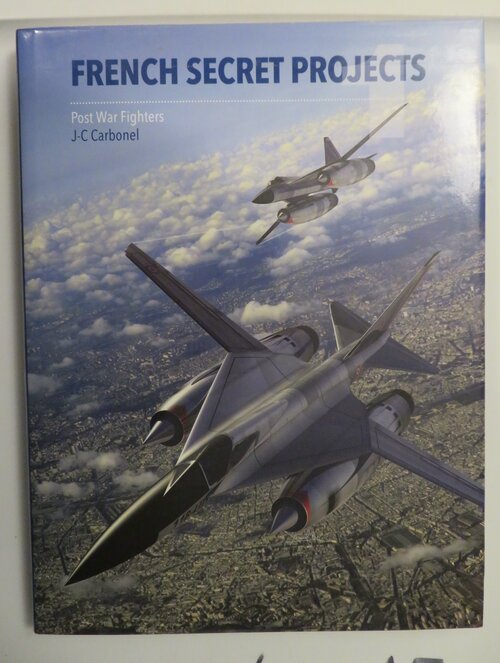My approach is that the only changes that should ever be made to a pure reprint are just any corrections of errors and typos. The info should stay the same.
For a second/new edition, you need new materials. I would suggest at least 10% new information and drawings, etc, though other authors might have a different approach. But for me, anything less than this and it is not fair on the folk who buy our books. Of course there are situations when this cannot be done, but in most cases it should be the case I think.
And if real aircraft are in the book, not just projects, then the author should change or replace as many photos as he can so that there are new elements there as well. I still buy 'new' photos of aircraft types that I might have written about several times, because if you are asked to do a new piece of work, new or different illustrations always help.
Hope this helps.

